West provoking riots in Iran to pressure government amid nuclear talks: Analyst
Western countries are exploiting the recent foreign-backed riots in Iran to exert more pressure on the Islamic Republic at a time when talks on reviving the 2015 nuclear deal are ongoing, says a political analyst.
Batool Subeiti made the remarks in an interview with Press TV’s Spotlight program on Tuesday, a day after the European Union imposed new sanctions against a number of Iranian persons and entities over the country's response to the riots that followed the death of a young Iranian woman in police custody.
Subeiti went on to say that the protests over the death of Mahsa Amini turned violent very quickly, stressing that the security forces dealt with the situation as any other government force would do.
Batool Subeiti says the Western countries are exploiting the situation in Iran to put more pressure on the country's government regarding the talks to revive the nuclear deal. pic.twitter.com/641k2ydTR4
— Highlights (@highlightsnews1) October 18, 2022
“You had armed separatist groups that clashed with security forces and as you mentioned the security forces did what any government force is expected to do in that situation. That is to clamp down on the rioters, who of course began to pull off the head scarves of women, setting public properties on fire. So the way that the protests morphed could never in any way be characterized as peaceful protests,” she said.
The analyst also noted that the riots were led by “foreign trained spies,” adding that attacks on Iranian security forces by the Komala terrorist group are a proof of it.
Subeiti also noted that Iranian intelligence sources have released information about how groups affiliated with al-Qaeda were actually killed by the country’s military forces in provinces like Sistan and Baluchestan after they claimed responsibility for their earlier deadly attacks on police stations.
The IRGC has also dismantled armed groups in places like Azerbaijan, she added.
“So it's no secret that the West had pre-planned this. Whether they were going to use the title of Mahsa’s death or any other title, they unleashed their undercover collaborating networks to wreak havoc in order to exert pressure on Iran in this very sensitive period when the nuclear negotiations are ongoing,” she said.
Protests over the death of Mahsa Amini erupted first in her native province of Kordestan and later in several cities, including the capital Tehran. Amini fainted at a police station and was pronounced dead days later on September 16 at a Tehran hospital. However, some extremist elements derailed the protests and incited violence against security forces.
An investigative report by the Iranian Parliament has concluded that Amini’s death was not linked to physical assault and battery.
According to the report, the young woman was neither assaulted during her transfer to the police center in Tehran, where she fell into a coma, nor hit while being held there.
Iran among top nuclear technology countries: AEOI chief
Democrats 'risk losing' election for backing Israeli war on Gaza, Lebanon: US journalist
Protesters remove busts of Israel's first president from Manchester Univ.
VIDEO | Hezbollah drones
US involvement in Israel’s 'regional war' unconstitutional, lawmakers tell Biden
107 years of Balfour Declaration that paved way for extermination of Palestinians
Hezbollah strikes Israeli military base near Tel Aviv
Palestinian media rights group condemns killing of two journalists by Israel


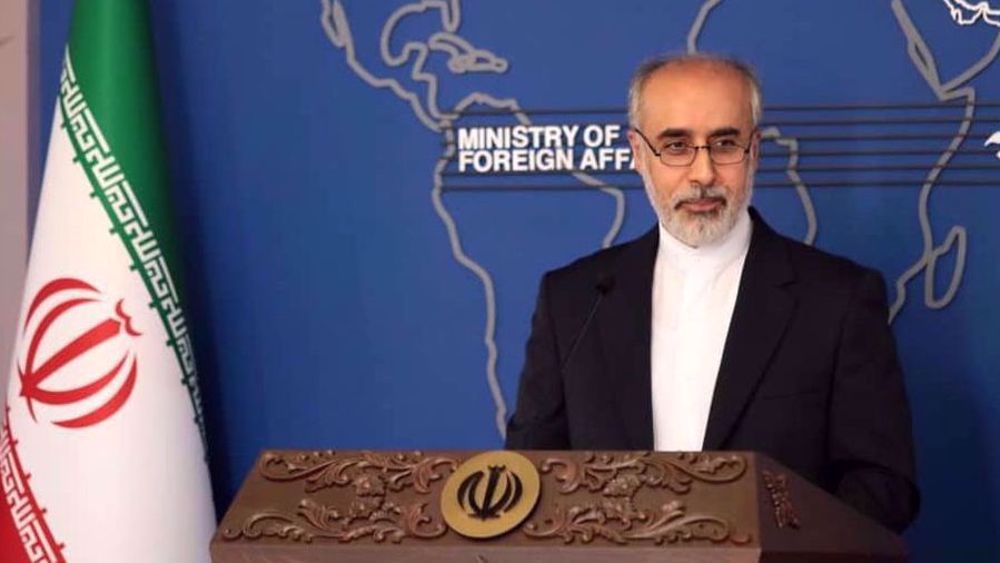
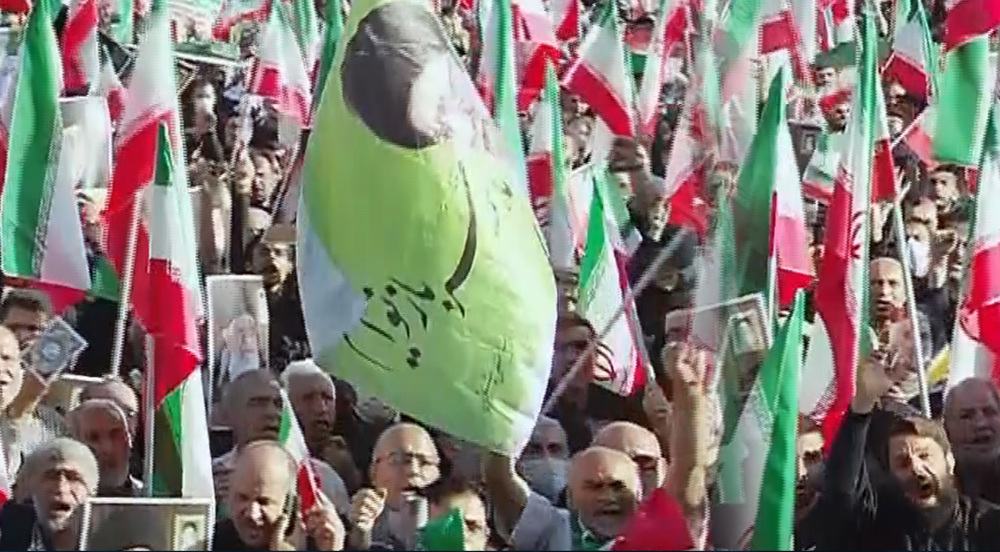
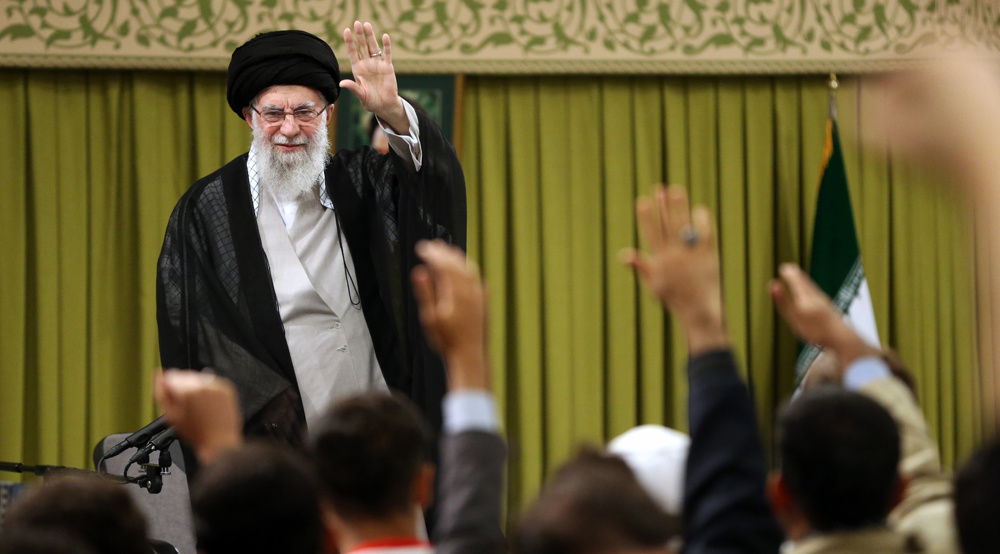
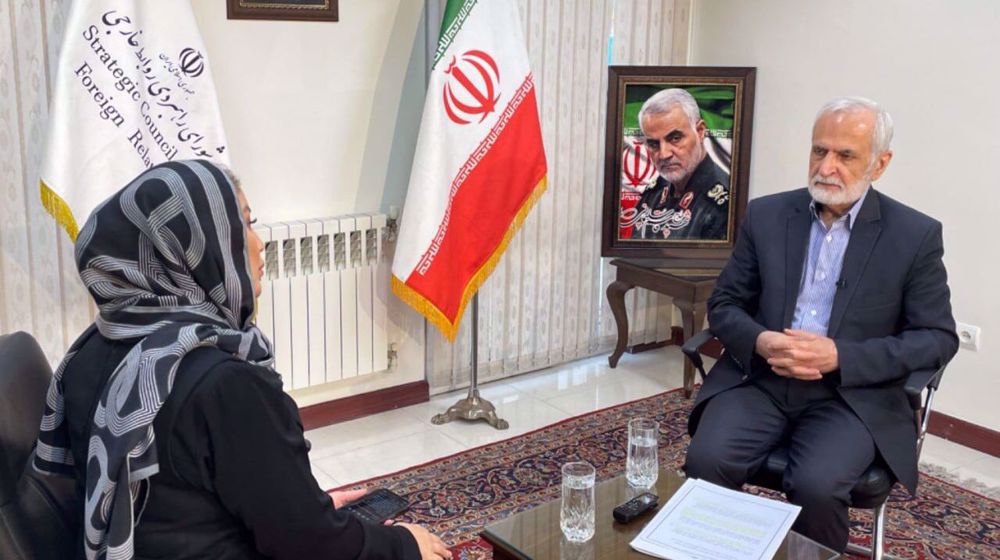
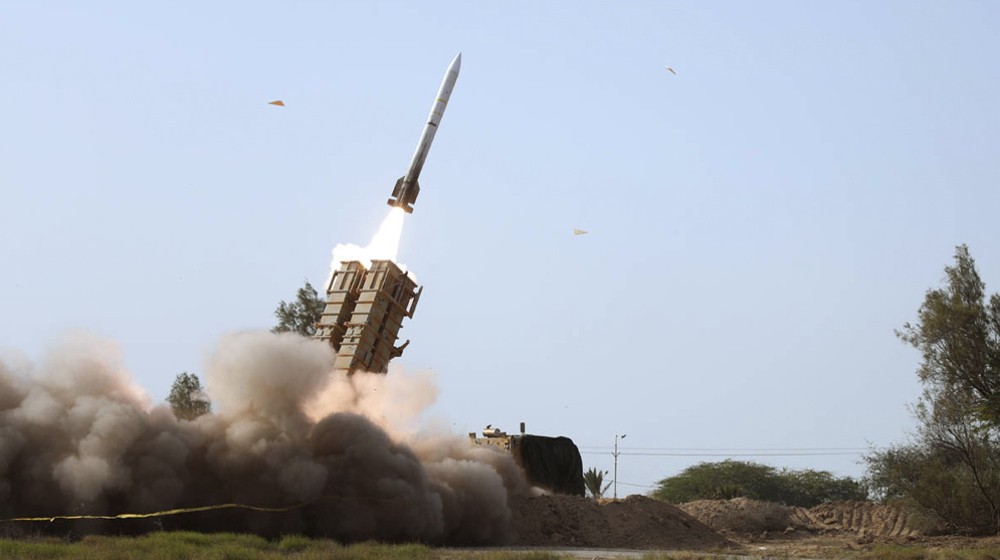



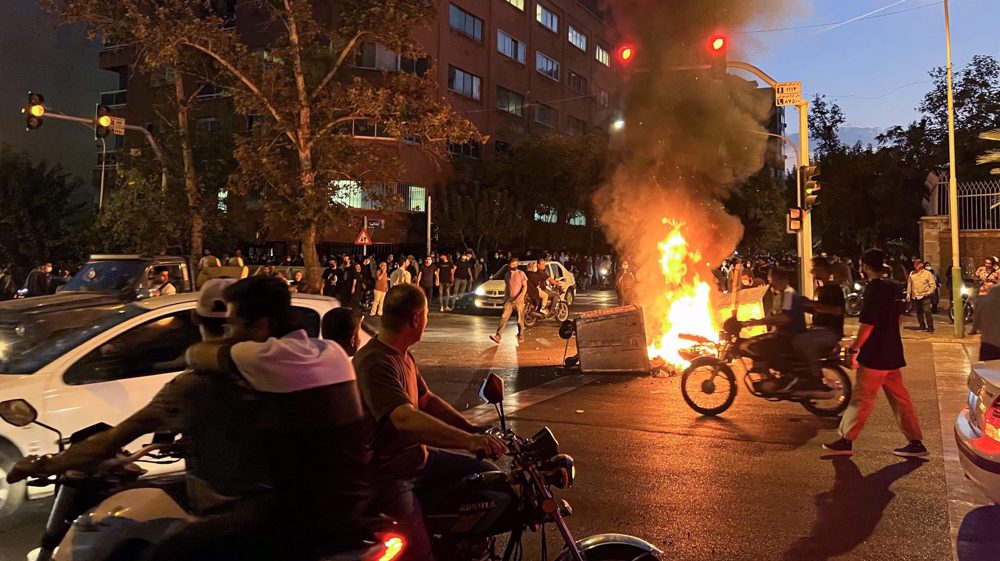
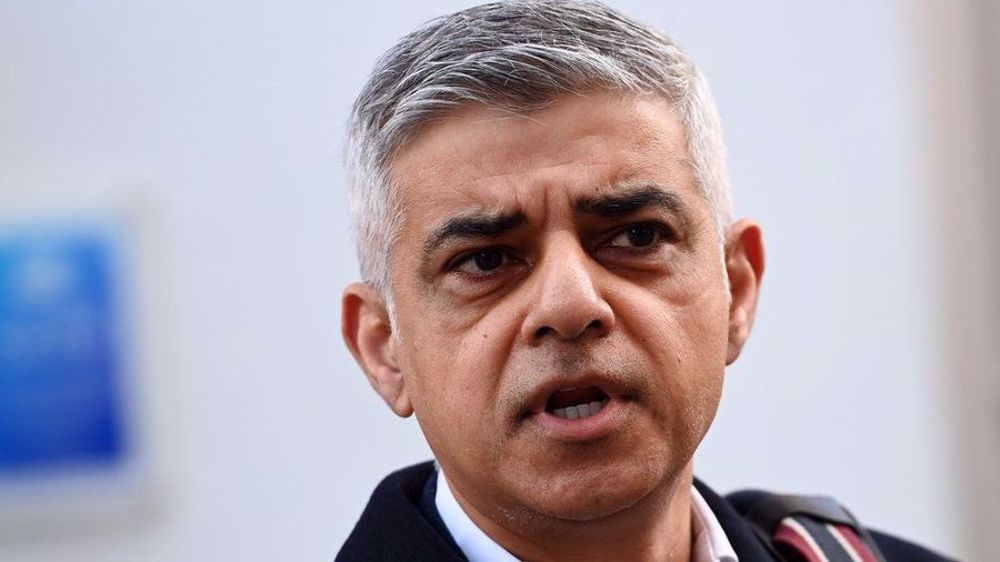
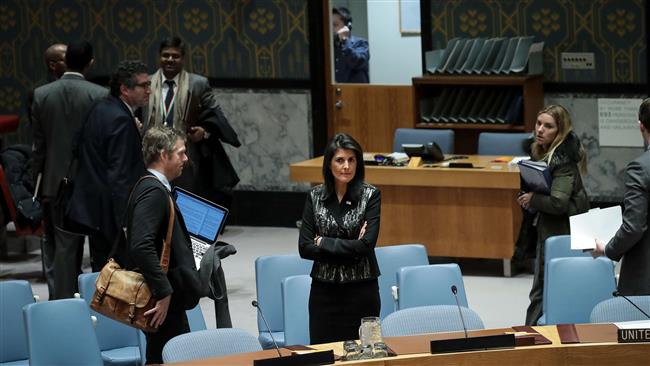

 This makes it easy to access the Press TV website
This makes it easy to access the Press TV website